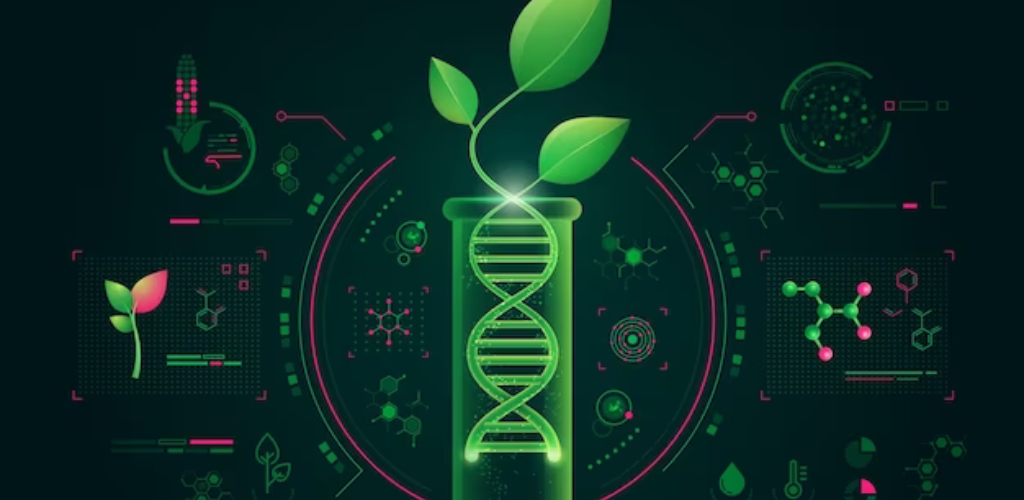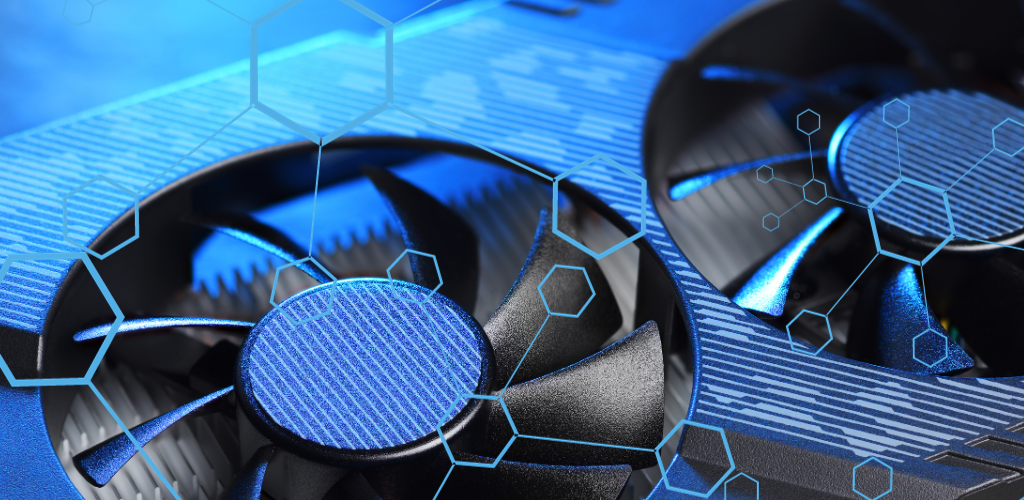Introduction:
Synthetic biology serves as a captivating nexus between biology and engineering, offering an intriguing avenue to manipulate life at its core. Let’s embark on a journey into this captivating realm where science fiction converges with reality.
What is Synthetic Biology?
At its essence, synthetic biology involves the design and construction of novel biological entities or the reengineering of existing biological systems. Analogous to a molecular toolbox, scientists harness genes, proteins, and cells as building blocks to create innovative organisms, pathways, and functions.
Key Aspects:
- Integration of Engineering Principles: Synthetic biology applies engineering principles to biology, enabling the rewiring of biological circuits to serve specific purposes.
- Redesigning Organisms: Through genetic manipulation, synthetic biology empowers the creation of organisms with enhanced capabilities or novel functionalities.
- Multidisciplinary Collaboration: It fosters collaboration across diverse fields such as biotechnology, genetics, material science, and electrical engineering, driving innovation through interdisciplinary approaches.
Historical Background:
Synthetic biology traces its roots to early 20th-century scientific endeavors, with milestones including the elucidation of DNA’s role as the carrier of genetic information and the advent of molecular cloning in the 1970s.
Applications:
- Medicine: Custom-designed microbes facilitate the production of therapeutic proteins, revolutionizing drug manufacturing.
- Agriculture: Engineered crops exhibit enhanced resistance to pests, drought, and diseases.
- Bioremediation: Microbes play a pivotal role in environmental cleanup, addressing issues like oil spills and toxic waste.
- Biofuels: Synthetic biology enables the sustainable production of fuels through microorganisms like algae and bacteria.
- Materials Science: Novel materials, such as spider silk produced by yeast, exemplify the possibilities unlocked by synthetic biology.
- Living Computers: Harnessing cells as data processors presents exciting prospects for computational biology.
Challenges and Ethical Considerations:
Synthetic biology presents challenges related to safety, biosecurity, and ethical considerations surrounding the manipulation of life forms.
The Future Outlook:
As synthetic biology continues to advance, we envision a future marked by biofactories, designer organisms, and personalized medicine, where biology becomes as programmable as software. Embrace the dawn of a biologically engineered future! 🧬🌱
Conclusion:
In this bold new era, where genetic code transcends traditional binary systems, synthetic biology heralds a paradigm shift in our understanding and manipulation of life.




